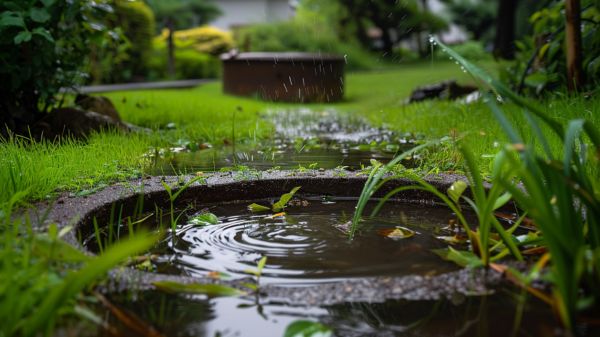Unlocking the Advantages of Sustainability Education in Schools
Have you ever wondered why sustainability education is important in schools? Some might argue that it takes away valuable time from traditional subjects. But let me tell you, unlocking the advantages of sustainability education in schools is crucial for our future.
By actively engaging in topics like environmental awareness, sustainable mindsets, and eco-friendly practices, we not only become more knowledgeable about our planet but also foster a sense of belonging to a global community.
Sustainability education empowers us to become future green leaders and drive positive change in our communities. So, let’s embrace the opportunities that sustainability education offers and pave the way towards a more sustainable and inclusive future together.
Enhancing Environmental Awareness
We believe that enhancing environmental awareness is crucial in sustainability education in schools. By incorporating a sustainable curriculum and implementing green initiatives, we can create a learning environment that fosters a deep understanding and appreciation for the natural world.
Students will develop a sense of responsibility and become active stewards of the environment. Through hands-on activities, such as recycling programs and community gardens, they’ll learn practical ways to reduce their ecological footprint and make a positive impact.
By connecting classroom lessons to real-world issues, students will see the relevance and importance of environmental conservation. This will empower them to take action and advocate for sustainable practices in their schools and communities.
Together, we can create a generation of environmentally conscious individuals who’ll contribute to a greener and more sustainable future.
Fostering Sustainable Mindsets
One way to foster sustainable mindsets is by incorporating hands-on activities that engage students in real-world environmental challenges. By actively participating in these activities, students can develop a deeper understanding of sustainable living and conscious consumption.
Here are some effective strategies to foster sustainability education in schools:
- Implementing recycling programs: Encourage students to actively participate in recycling efforts by setting up recycling bins throughout the school. This allows students to see the impact of their actions and develop a habit of conscious waste management.
- Creating sustainable gardens: Setting up a school garden not only teaches students about sustainable agriculture but also instills a sense of responsibility and connection to the environment. Students can learn about organic farming, composting, and the importance of locally-sourced food.
- Engaging in community outreach: Organize field trips or community service projects that involve students in local sustainability initiatives. This not only exposes them to real-world environmental challenges but also helps them understand the importance of collective action and community engagement.
Promoting Eco-friendly Practices
To promote eco-friendly practices, we can encourage students to actively engage in sustainable habits that reduce their environmental impact.
One way to do this is by promoting sustainable consumption. By teaching students about the importance of mindful consumption, we can help them make informed choices that minimize waste and conserve resources. This includes encouraging the use of reusable items such as water bottles and lunch containers, as well as reducing single-use plastics.
Additionally, we can educate students about the benefits of renewable energy sources. By introducing them to concepts like solar and wind power, we can inspire them to consider renewable energy alternatives in their daily lives.
Empowering Future Green Leaders
By fostering sustainability education in schools, we can cultivate a new generation of environmentally conscious leaders. These future green leaders will play a crucial role in driving positive change and creating a sustainable future for our planet. Here’s how we can empower them:
Encouraging green entrepreneurship:
- Providing resources and support for students to develop their own sustainable business ideas.
- Offering mentorship programs and connecting students with successful green entrepreneurs.
Promoting sustainable innovation:
- Incorporating hands-on projects and problem-solving activities that encourage creative thinking and sustainable solutions.
- Collaborating with local businesses and organizations to provide real-world opportunities for students to innovate and implement sustainable practices.
Driving Positive Change in Communities
How can we actively contribute to driving positive change in our communities through sustainability education in schools? By engaging with our communities and creating social impact.
Sustainability education equips us with the knowledge and skills to make a difference, but it’s through community engagement that we can truly drive change. We can organize and participate in clean-up campaigns, recycling initiatives, and local environmental projects.
By involving our neighbors, friends, and family, we can create a ripple effect that spreads awareness and promotes sustainable practices. Through our collective efforts, we can transform our communities into greener, healthier, and more sustainable environments.
Let’s inspire others to join us on this journey and work together to make a lasting social impact. Together, we can create a brighter future for our communities and the planet.
Conclusion
In conclusion, sustainability education in schools is the key to unlocking a brighter future for our planet. By enhancing environmental awareness, fostering sustainable mindsets, promoting eco-friendly practices, and empowering future green leaders, we can drive positive change in our communities.
Just as a single drop of water can create ripples that reach far and wide, the impact of sustainability education will spread and inspire generations to come. Let’s take action now and create a world that thrives in harmony with nature.






